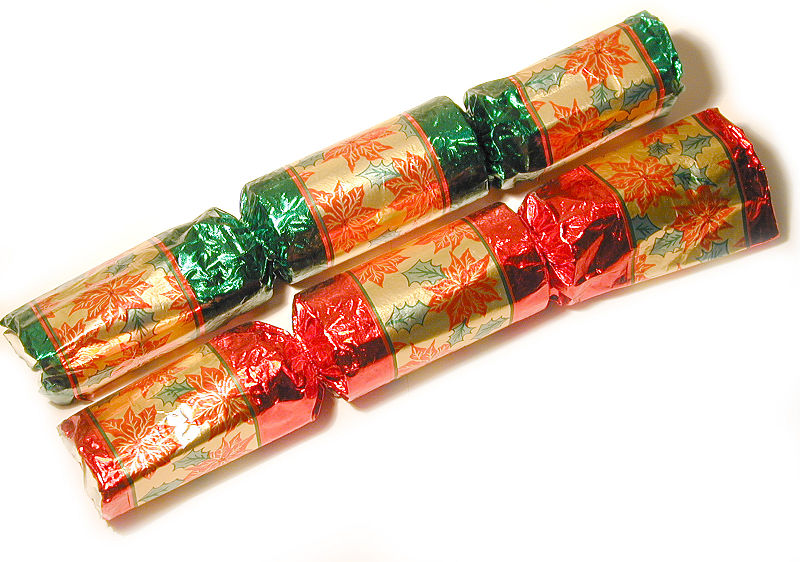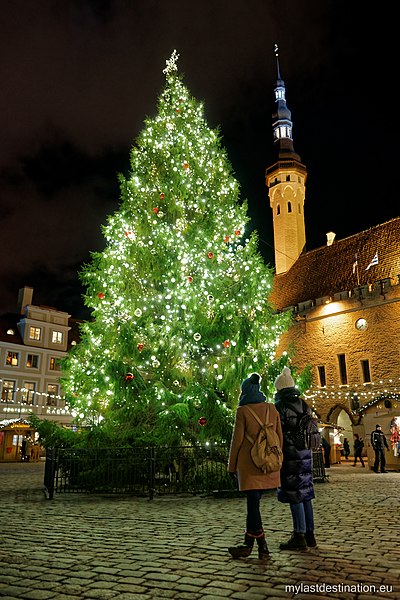Why is it traditional to drink, and drink so much? (It would surely be cynical to make any connection between drinking and the courage required to face another year.)
In any case, the English are amateurs compared with the Scots, who have the very best New Year celebrations (they call the season Hogmanay except in Shetland, where it's called Yule). The celebrations in Scotland are so very fine that Scotland has two days off.
So why is Hogmanay such a big thing in Scotland?
Well, Scotland didn't celebrate Christmas very much at all for hundreds of years - right up until the 1950s, in fact. The church in Scotland thought Christmas much too Catholic, so it put a stop to it. This meant that all the midwinter festivities had to happen at New Year.
Scotland does celebrate Christmas, now, but, well, there's plenty of room in the week for two parties, isn't there? The Word Den thinks so, anyway.
May your year be full of harmless pleasure and your evening full of hope.
Thing To Celebrate today: Hogmanay. Mary Queen of Scots may have brought this word back with her from France in 1561. There hoginane means gala day, and presents given at New Year were hoguignetes. There are other possibilities for the origin of the word: the Anglo-Saxon haleg monath means holy month, and there's a term hoggo-nott that was used in Scandinavia. But it's probably French.
 photo by By Nigel Cox, CC BY-SA 2.0, https://commons.wikimedia.org/w/index.php?curid=8824964
photo by By Nigel Cox, CC BY-SA 2.0, https://commons.wikimedia.org/w/index.php?curid=8824964










 Photo by
Photo by